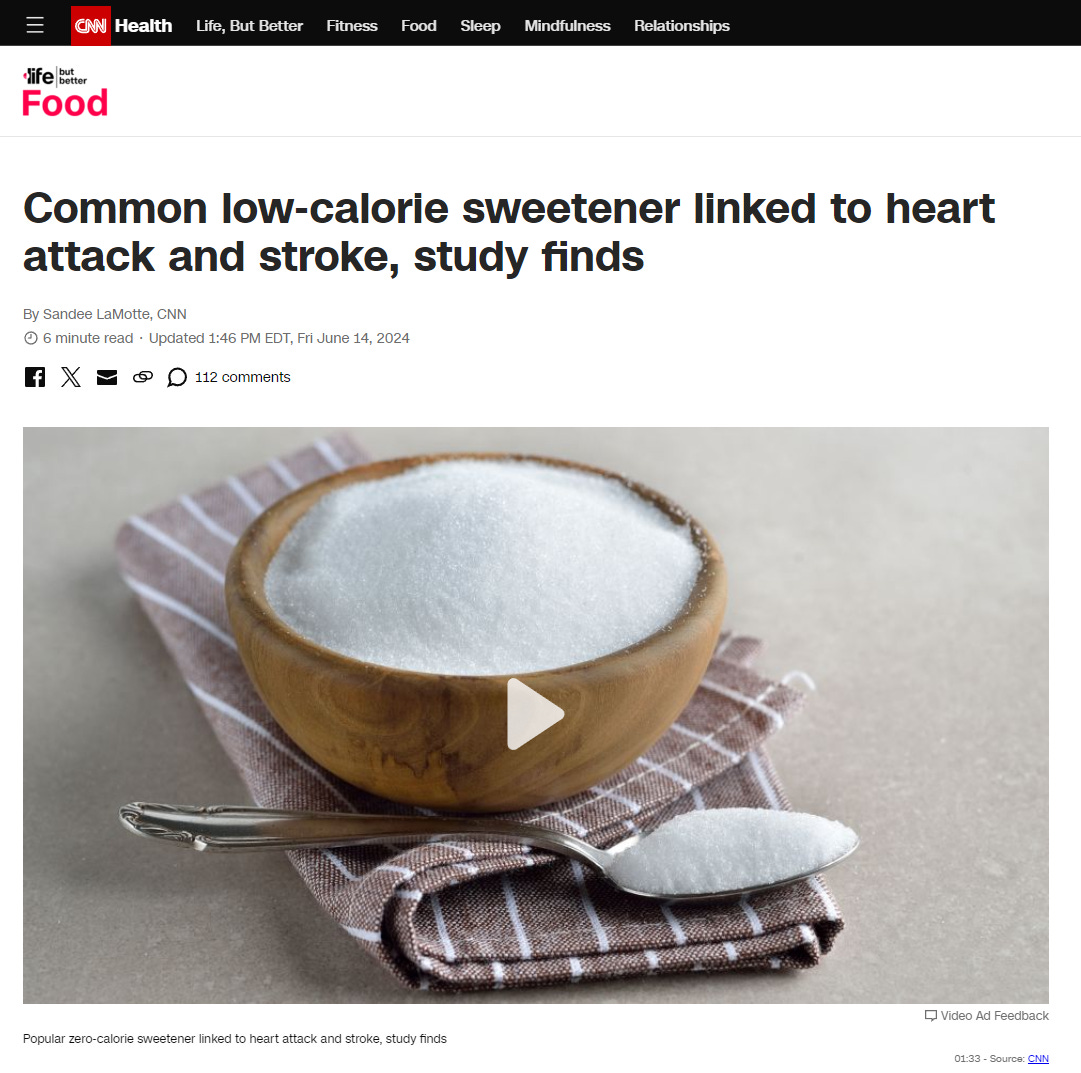Nathan Jones is the son of Dr. Alonzo Jones—a family physician in Plainview, Texas who has long had a passion for medical history. As every student of medical history knows, the greatest advances in human health were not achieved by drugs, but by public sanitation and personal hygiene. Ear, nose, and throat infections were one of the most common illnesses in Dr. Jones’s family practice, which caused him to reflect on the Hindu ritual of daily nasal washing. Could it be that the ancient wise men who’d formulated it were onto something? Could otitis media, asthma, sinusitis, and allergies be treated or even prevented by daily nasal hygiene?
In the mid to late 1990s, Dr. Jones read reports by Finnish research teams about the benefit of xylitol—a crystalline, water soluble “sugar alcohol” that cannot be metabolized by common bacteria that inhabit the mouth and inner ear. These bacteria consume the xylitol and are then impaired by it because they cannot digest it. The Finnish studies indicated that xylitol infused chewing gum and syrup not only markedly reduced tooth decay, but also the incidence of ear infections by 42% in children. A Finnish study published in 1998 showed that xylitol reduced the adhesion of pathogenic bacteria to cultured nasal cells by 68%.
Dr. Jones wondered if a saline-xylitol nasal spray could have a similar effect in promoting nasal hygiene. He formulated it with the objective of enhancing the normal cleansing function of the nasopharyngeal passages, which are constantly being challenged by air pollution, pathogens, and excessively dry air from modern HVAC systems. He reasoned that too much water and saline could wash away the nose’s healthy mucosa in the same way that douching had been shown to do to the vagina. His objective was to create a nasal spray that matched the (slightly acidic) pH of the nose, with just the right solution of saline and xylitol for aiding the mucosa and cilia in clearing pathogenic and allergenic debris from the nose. Ultimately, he created a nasal spray consisting of an 11% solution of xylitol and 0.85% saline and commenced an observational case study on patients with frequent ear infections and asthma attacks. In all instances, his patients experienced marked improvement of their symptoms.
Realizing that his father was onto something, Nathan Jones developed his father’s formulation into an inexpensive and easy-to-use nasal spray that he markets under the name XLEAR. With the arrival of the COVID-19 pandemic in 2020, Nate sent samples of XLEAR nasal spray to a lab at Utah State University to test if it is virucidal. Something in the product did indeed destroy SARS-CoV-2 in vitro. At first the XLEAR research team wondered if it was the xylitol, but after 3 rounds of tests, the lab discovered it was the Grapefruit Seed Extract preservative (at only 0.2% of the solution) that was destroying the virus.
Unfortunately for tens of millions of people for whom XLEAR nasal spray could have helped to prevent or reduce the severity of COVID-19, the Federal Trade Commission (FTC) refused to acknowledge the validity of these lab tests, and prohibited XLEAR from sharing this information on its company website—even when the information was independently provided by other research publications.
The FTC’s adversarial posture towards XLEAR was part of the agency’s broader campaign against ALL nasal hygiene products—including povidone iodine nasal rinses—for the prevention and early treatment of COVID-19.
Recently a new front was opened in the war against Xylitol—that is, for the substance’s application as a dietary sugar substitute. On June 6, 2024, a paper titled Xylitol is prothrombotic and associated with cardiovascular risk was published in the European Heart Journal. In spite of the paper’s obviously dubious methods and findings, CNN immediately publicized the study in the most uncritical way.
Please watch my recent interview with Dr. Mark Cannon & Nate Jones and share it with your friends.
Dr. Mark L. Cannon is an adjunct Professor at the University of Tennessee Health Science Center in Memphis, Tennessee. He is also a Professor Emeritus of Otolaryngology at the Division of Dentistry, Northwestern University, Feinberg School of Medicine, an Attending Physician at Ann and Robert Lurie Children’s Hospital, and a member of the International Association of Pediatric Dentistry. In addition to being the founder of Associated Dental Specialists of Long Grove (1981); he is the Research Coordinator of the Pediatric Dental residency program at Ann and Robert Lurie Children’s Hospital, Chicago, Illinois.
Nate Jones founded Xlear, Inc. in 2000 to improve lives by making Xlear Nasal Spray commercially available and spreading the message of proactive health. Prior to this venture, he attended college for a year, spent a year in active duty, and also went on a two-year mission with his church. Afterwards, he made a transition to become a commercial diver and worked in oilfields in Louisiana between 1995 and 2000.















Share this post